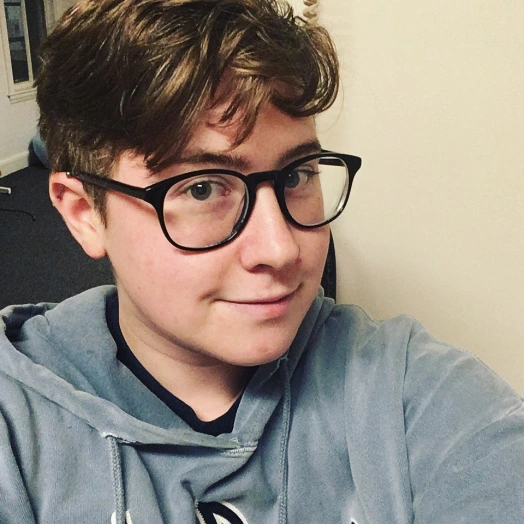By Cameron Adelman
My ultimate career goal is to work in sexual health with underserved populations. Access to sexual and reproductive health services is incredibly difficult in most states in the United States. It is even more difficult for people living in low-income areas, for the LGBTQIA community, for immigrants, and for people coming from non-Western cultures and perspectives. In designing a research project, these constraints to care services were something I wanted to focus on in some capacity. Genital cutting is a health concern most Western practitioners are unprepared to encounter. Considering the lack of research into psychological and sociocultural relationships to FGC, I felt even the small scale research I would be able to conduct as an undergraduate student could still have an impact by increasing the body of knowledge available.
When I first started working on my project to explore some of the social and cultural factors impacting the quality of life for FGC survivors living in the United States, I was unprepared for the challenges in data collection I would face. I knew that some of the organizations I contacted to recruit participants might decline to participate, but I did not expect so many to not respond at all. The four organizations I originally selected to contact became twelve, and only one yielded any participant data.
My original aim was to collect data from thirty survivors. I figured this was a modest goal, and between the multiple organizations I had contacted that it would not be impossible. I have collected data from eleven survivors. After four months of managing communications between a dozen organizations, I collected just over one third of my initial goal. Even for women who had reached out to support services and organizations, there was still this barrier of stigma and shame preventing the kind of data collection I had hoped for.
The difficulties in data collection lead me to exploring large international databases for information from large scale surveys I could use in addition to my own survey results. I was determined not to let the struggles in data collection stop me from completing this project that had been in the works for over a year. If anything, the barrier in data collection only provided further evidence to the extent of the need for additional research. The taboo nature surrounding FGC and its impact on survivors will never improve if the body of knowledge on the subject remains so limited.
The direction my project has taken has revealed a cycle that keeps this field of research from advancing. The stigma surrounding FGC, the blame and self doubt many women feel about their experience with it, and the difficulties in speaking out against FGC in practicing communities makes collecting data from survivors extremely difficult. The lack of data and research about FGC makes it difficult to reduce the social attitudes and survivor guilt, and support survivors in efforts to speak out. In short, you cannot add to the body of research without data, but you cannot collect sufficient data because of the taboo nature, which an increased body of research could help improve.
From the little data I have been able to collect, there is a clear negative correlation between how supportive someone’s community is of FGC and how that makes women feel – the more supportive a community is of FGC, the more negatively a woman feels about that, and vice versa. Additionally, women in communities that are supportive or very supportive of FGC have had fewer sources of personal support than women in communities that are unsupportive or very unsupportive of FGC. This speaks to the unique challenges in reaching women living in FGC supportive/practicing communities for resources and support, compared to survivors who no longer live in FGC practicing communities. I am still intending to try to address through my research the unique constraints facing survivors in communities and areas supportive of FGC, and the additional social and emotional problems these women may face. I just have to think beyond the scope of the data I have collected through my survey.
As the direction of my research project has morphed and changed over the last few months, it has only served to emphasize the need for this kind of research. The social stigma and shame cannot be addressed if research is not available to speak to the needs and support necessary for survivors. As an undergraduate student, the scope of my research is limited, but I hope even that can be a step along the path to better understanding and support for survivors of FGC.
More on Cameron:
 Cameron Adelman is a senior neuroscience major and women and gender studies minor at Wheaton College in Massachusetts. He has been working on his research project about social and emotional effects of FGC since last year. The findings of his research among women who have experienced FGC suggest a number of sociocultural confounds in trying to develop and deliver support systems for women living in practicing communities. Cameron’s hope is to help advise best practices that take these factors, as well as additional risks to wellbeing, into account.
Cameron Adelman is a senior neuroscience major and women and gender studies minor at Wheaton College in Massachusetts. He has been working on his research project about social and emotional effects of FGC since last year. The findings of his research among women who have experienced FGC suggest a number of sociocultural confounds in trying to develop and deliver support systems for women living in practicing communities. Cameron’s hope is to help advise best practices that take these factors, as well as additional risks to wellbeing, into account.

